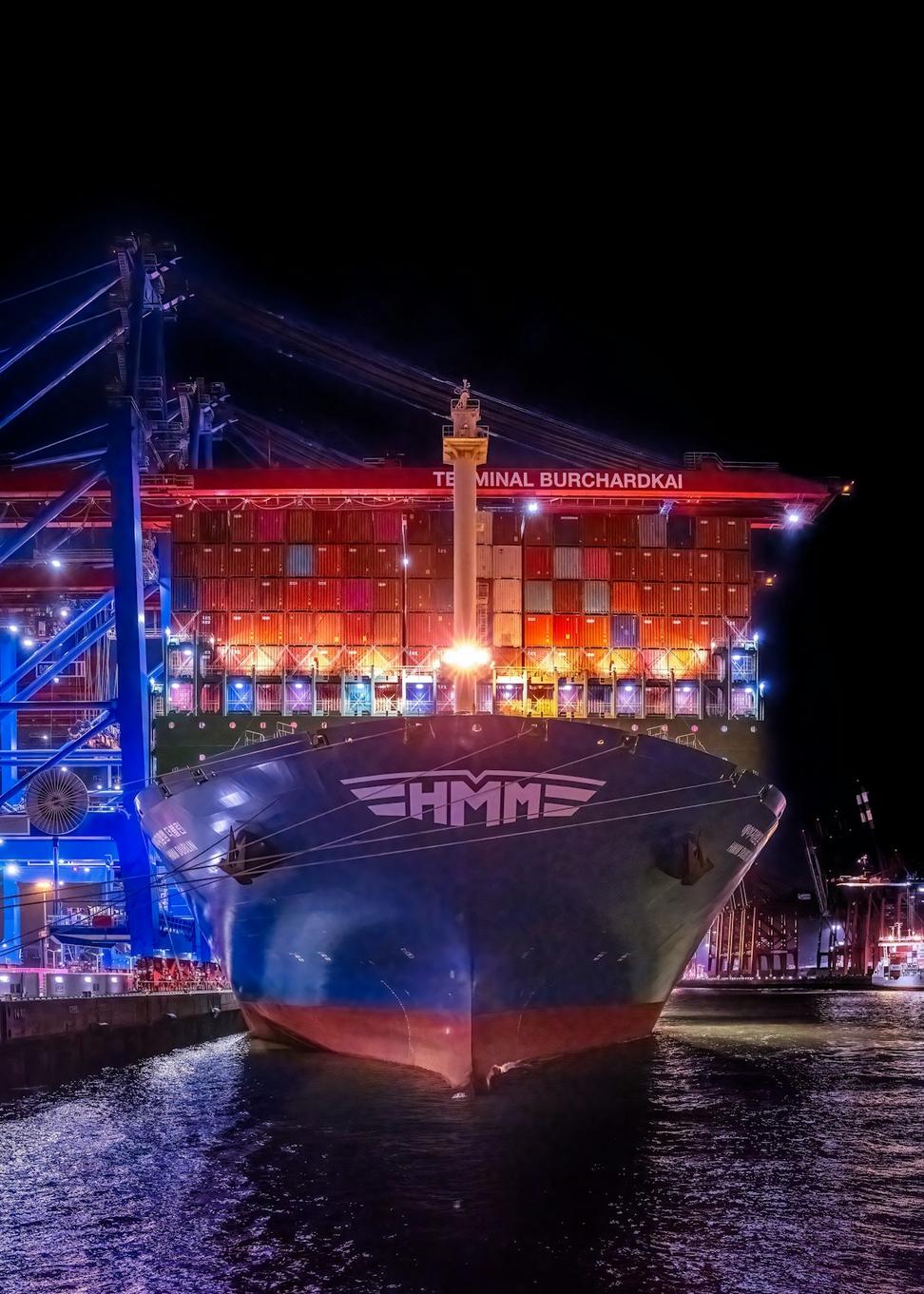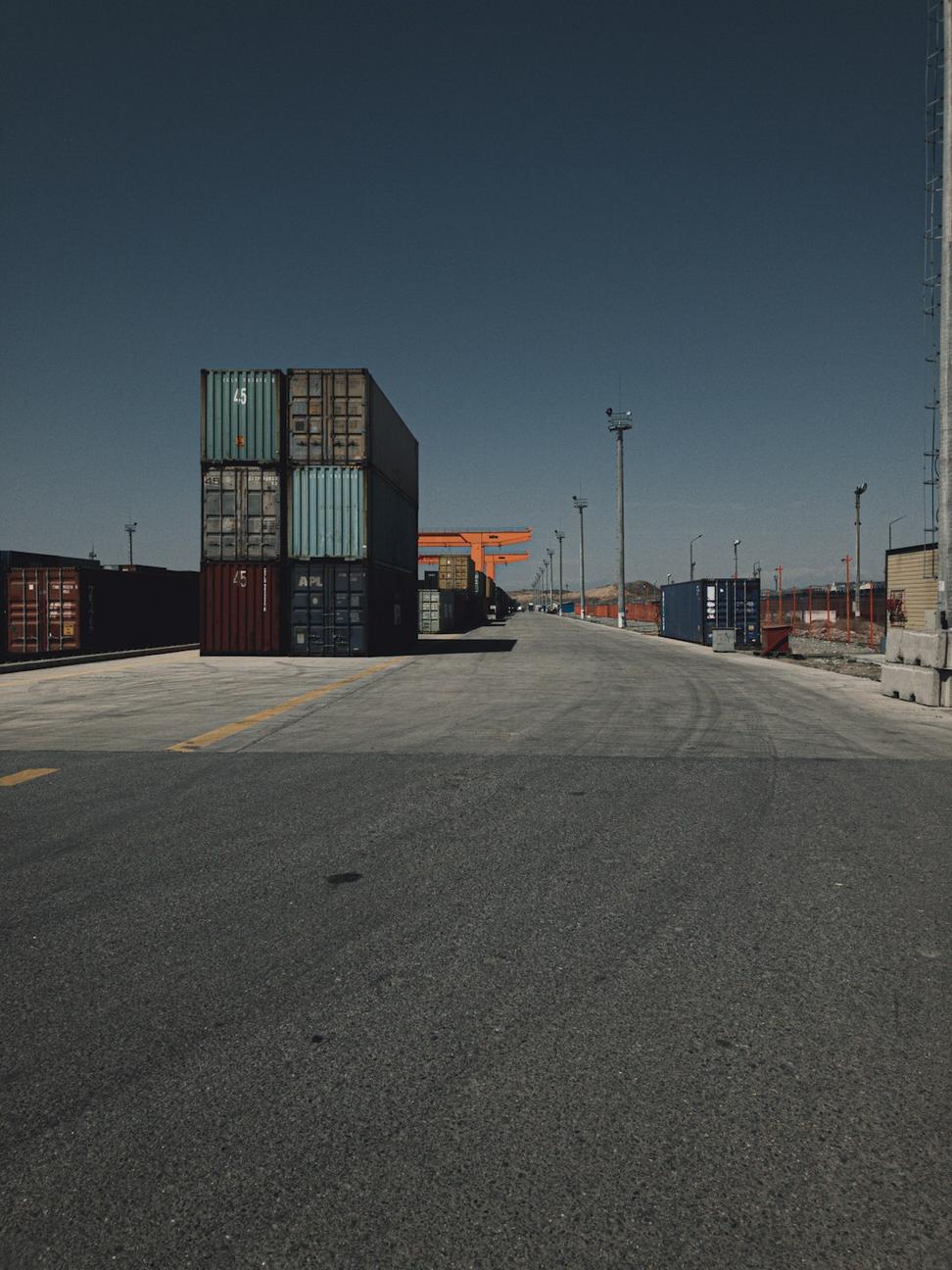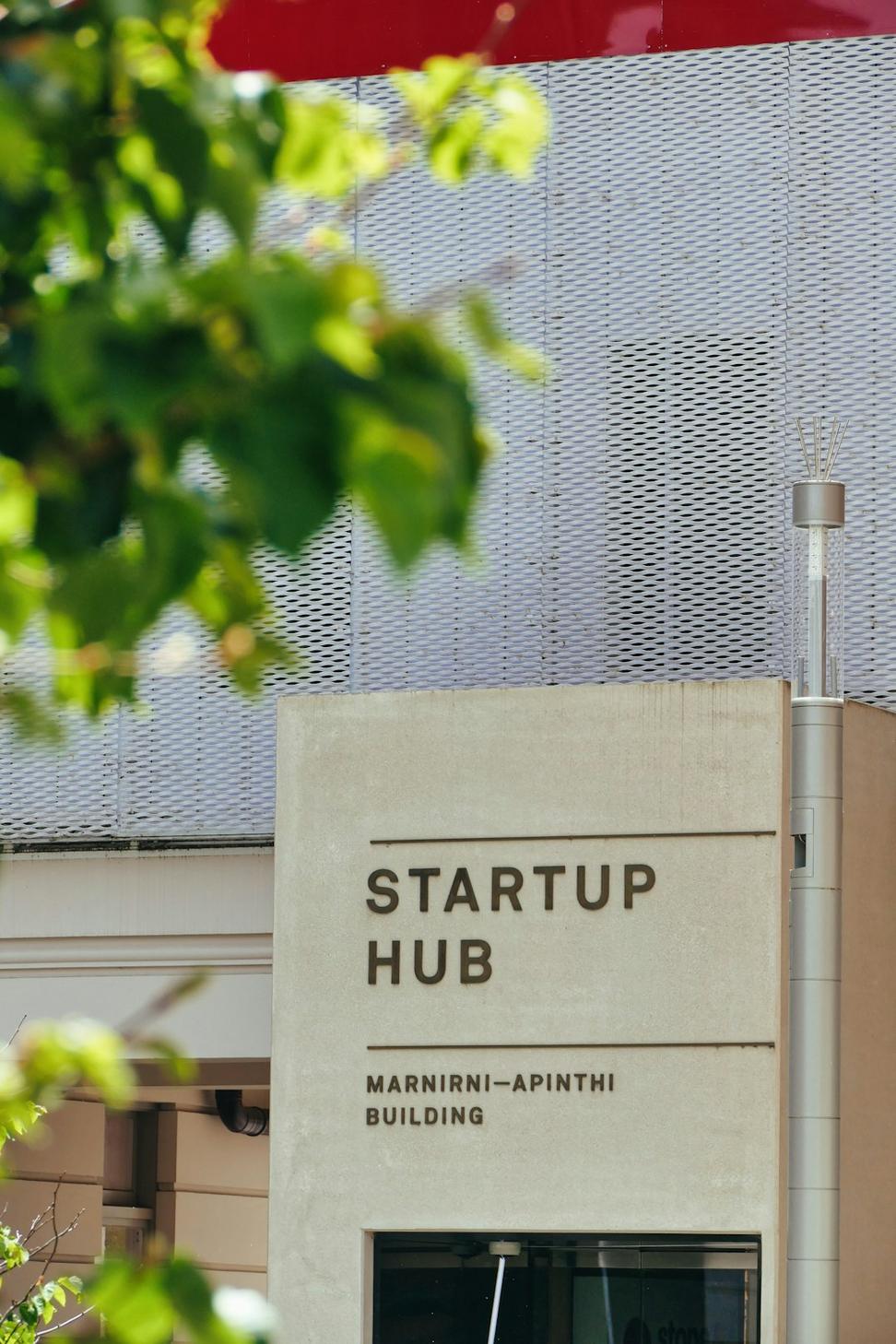
Salvaging a $50M Supply Chain When USMCA Rules Changed
A manufacturing client woke up one morning to find their entire North American supply chain potentially non-compliant with updated USMCA regulations. The penalties would've been catastrophic - we're talking potential duties that'd wipe out two years of margins.
We didn't have the luxury of time to redesign everything from scratch. Instead, we conducted a rapid audit of their operations across Mexico, the US, and Canada, identified which components could be re-sourced, and which processes could be restructured to meet the new origin requirements.

The Joint Venture That Turned Into a Three-Year Battle
A Canadian energy company and their Brazilian partner had a falling out that escalated into parallel lawsuits in both countries. Each side had judgments in their favor in their home jurisdiction, creating a legal deadlock that froze a $200M project.
International arbitration was the only way out, but getting both parties to the table took some serious diplomacy. We built a case that emphasized the mutual destruction both sides faced if they kept fighting, then negotiated a settlement that actually got the project back on track - which, let's be honest, is what both sides wanted all along.

Protecting Biotech IP Across 12 Countries
A medical device startup had groundbreaking tech but basically zero international IP protection when they came to us. Their investors were getting cold feet, and a larger competitor was circling. They needed protection fast, but patent laws vary wildly by jurisdiction.
We filed a coordinated PCT application covering their core innovations, then worked with local counsel in key markets to navigate the specific requirements in each country. The tricky part was balancing broad protection with the narrower claims that'd actually hold up in places like China and India. Took about 18 months, but now they've got solid walls around their IP in every market that matters.

GDPR Meets Canadian Privacy Laws: A Fintech's Dilemma
This fintech wanted to expand into Europe but their data architecture was built for Canadian and US markets. GDPR compliance isn't just checking boxes - it requires fundamental changes to how you handle customer data, and getting it wrong means fines that can end your business.
We conducted a gap analysis that honestly wasn't pretty. But instead of just handing them a scary report, we worked with their engineering team to design a data handling system that satisfied GDPR while maintaining their service quality. Helped them navigate the certification process and trained their team so they could maintain compliance as they grow.



